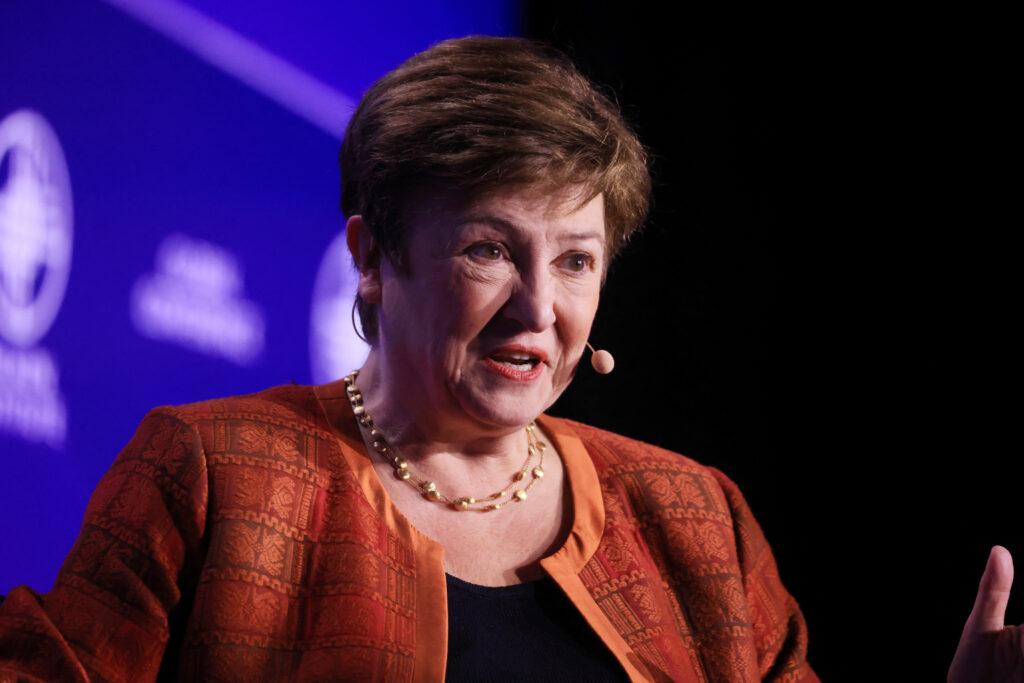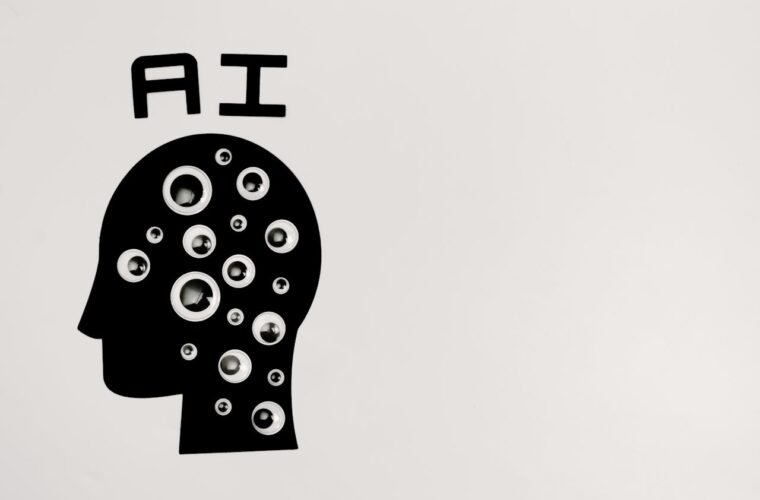By John Revill
ZURICH (Reuters) – Artificial intelligence is hitting the global labour market “like a tsunami” International Monetary Fund Managing Director Kristalina Georgieva said on Monday.
Artificial intelligence is likely to impact 60% of jobs in advanced economies and 40% of jobs around the world in the next two years, Georgieva told an event in Zurich.
“We have very little time to get people ready for it, businesses ready for it,” she told the event organised by the Swiss Institute of International Studies, associated to the University of Zurich.
“It could bring tremendous increase in productivity if we manage it well, but it can also lead to more misinformation and, of course, more inequality in our society.”
Georgieva said the world economy had become more prone to shocks in recent years, citing the global pandemic in 2020, as well as the war in Ukraine.
Although she expected more shocks, particularly due to the climate crisis, remained remarkably resilient, she said.
“We are not in global recession,” said Georgieva, who was heckled by protesters calling for action on climate change and tackling developing world debt.
“Last year there were fears that most economies would slip into recession, that didn’t happen,” she said. “Inflation that has hit us with a very strong force is on the decline, almost everywhere.”
Swiss National Bank Chairman Thomas Jordan, who also spoke at the event, said the fight against inflation in Switzerland was now far advanced.
Inflation rose to 1.4% in April, the 11th month in a row that price rises have been within the SNB’s 0-2% target range.
“The outlook for inflation is much better. It looks that for the next few years, inflation could be really in the same range of price stability,” Jordan said.
“But there is a lot of uncertainty.”




